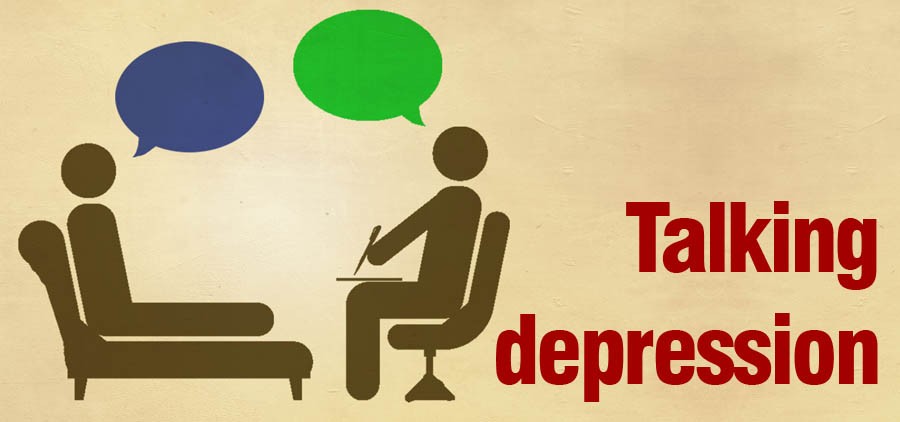
Reiterating that it is about time we started talking about depression

Nobody knows much about depression in this country; neither those who suffer, nor those who are around these people. Apparently, the problem is global. It is only proper that the World Mental Day this year was themed "Depression: Let’s talk" by the WHO.
The theme is selected not just because there is ignorance about depression but also because there is a stigma associated with it as much as with other mental ailments. So, here is a call for the people to come forward and seek as well as give help.
There are no clear statistics to start with. Generalisations like 34 per cent of the country’s population suffers from depression are commonly uttered and even professionals confirm that. Ironically, instead of eliciting an immediate response, the figure seems to fall on deaf ears.
Where do these figures come from we don’t know. In a country where the census forms fail to take into account any sort of disabilities, these seem far-fetched, to say the least.
What we do know, however, is the low number of professionals, psychiatrists and psychologists, available to the people at large. It is to these professionals that we go to for most of our articles for today’s Special Report, to define depression, know what types of depressions do people generally suffer from, what is the best response, how is it diagnosed, what can it potentially lead to and the dangers of self-medication.
Read also: Talking depression
In any kind of mental ailment, and equally so in depression, the immediate family can be of colossal help. Good professionals begin with counselling of family members and that is a great help for the patients as well as the family. To start with, as Dr Ali Madeeh tells us, "in most people’s minds, depression does not even count as an illness but rather as a ‘character flaw’, a ‘moral weakness’ or just ‘fraud’."
It is about time we started talking about depression. The Special Report today is an attempt to start this conversation.